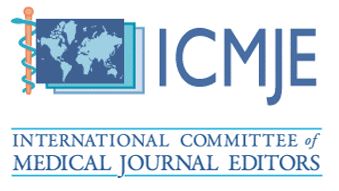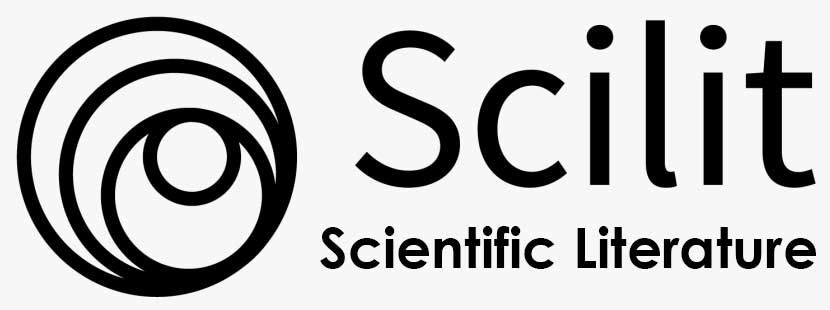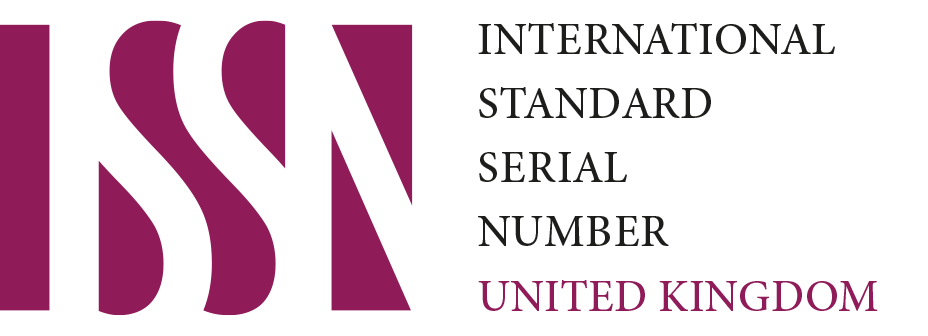Creativity is Not Related to Higher Cognitive Functioning: An Exploration Among Healthcare Professionals and Students During the Covid-19 Omicron Wave
Vaitsa Giannouli1* and Panagiota Tragantzopoulou2
1 School of Medicine, Aristotle University of Thessaloniki, Greece.
2 Department of Psychology, University of Westminster, London, UK.
*Corresponding Author: Vaitsa Giannouli, School of Medicine, Aristotle University of Thessaloniki 54124 Thessaloniki, Greece.
DOI: https://doi.org/10.58624/SVOANE.2023.04.094
Received: May 18, 2023 Published: June 07, 2023
Abstract
In the light of the public health crisis due to the coronavirus disease 2019 pandemic, it is important to acknowledge its impact on healthcare professionals and students during the Omicron wave. In this study, the aim was to compare the levels of depressive symptomatology, burnout, and creativity in Greek healthcare professionals and students while exploring associations with cognitive functioning. The sample consisted of 243 Greek individuals (104 healthcare professionals and 139 healthcare university students). Pearson correlation coefficient and independent t-test were used for data analysis. Both groups scored high in depression, however, no significant difference was found in the levels of creativity and cognitive functioning. Although health professionals scored higher in burnout, burnout levels were found to be low in both groups. No correlation was found among cognitive functioning, burnout, depression and creativity. Support should be provided to healthcare professionals and students. Further research should investigate cognitive functioning and possible associations with depression, burnout, and creativity.
Keywords: COVID-19, Depression, Burnout; Creativity, Cognitive function.
Citation: Giannouli V, Tragantzopoulou P. Creativity is Not Related to Higher Cognitive Functioning: An Exploration Among Healthcare Professionals and Students During the Covid-19 Omicron Wave. SVOA Neurology 2023, 4:3, 71-78.











